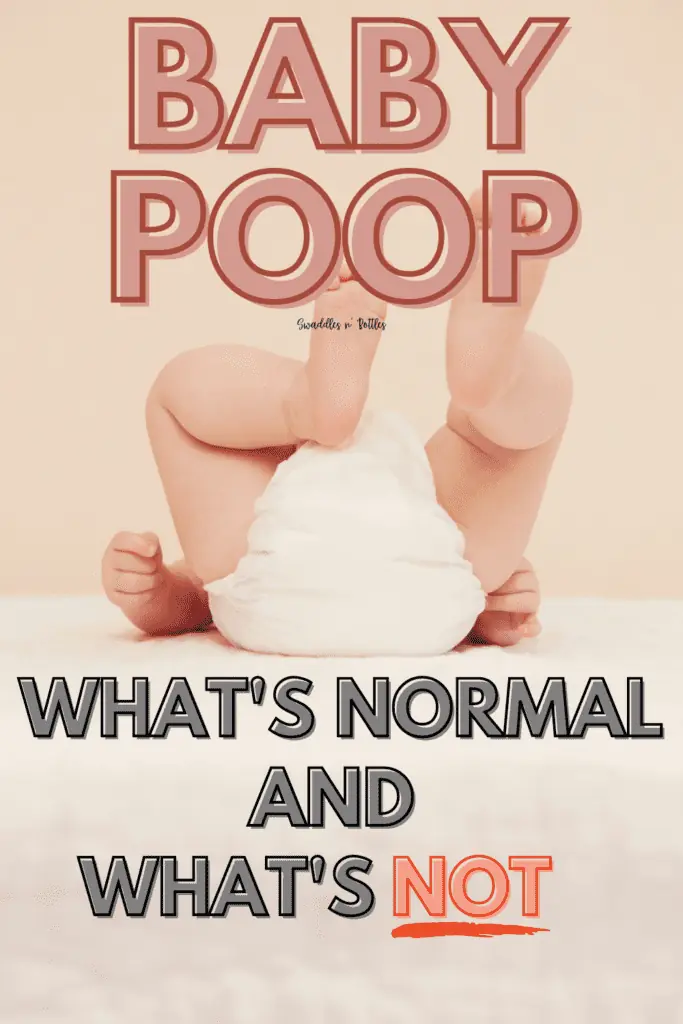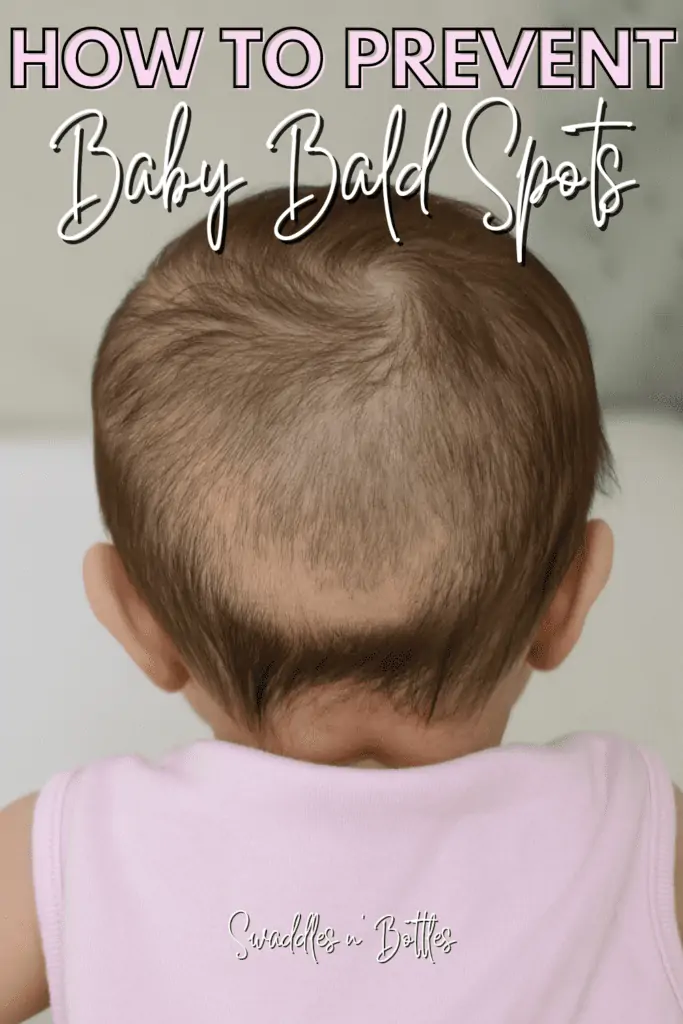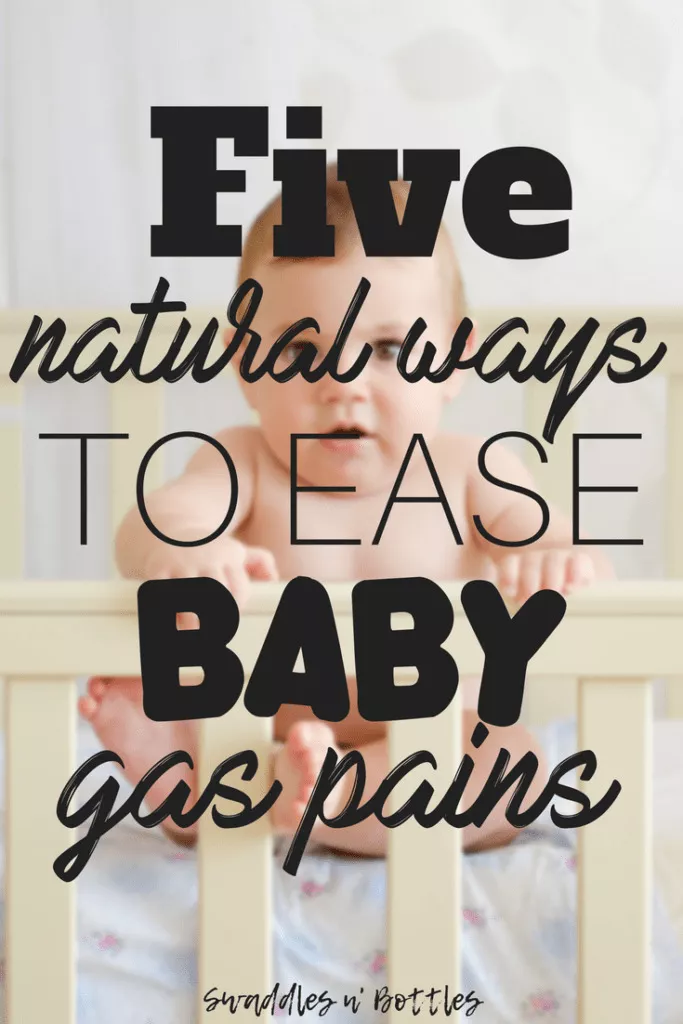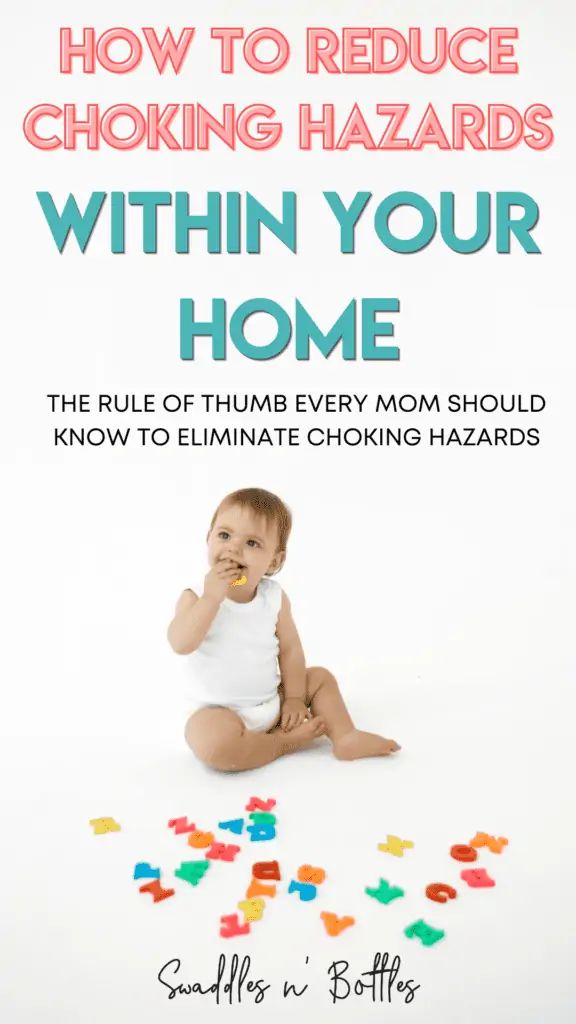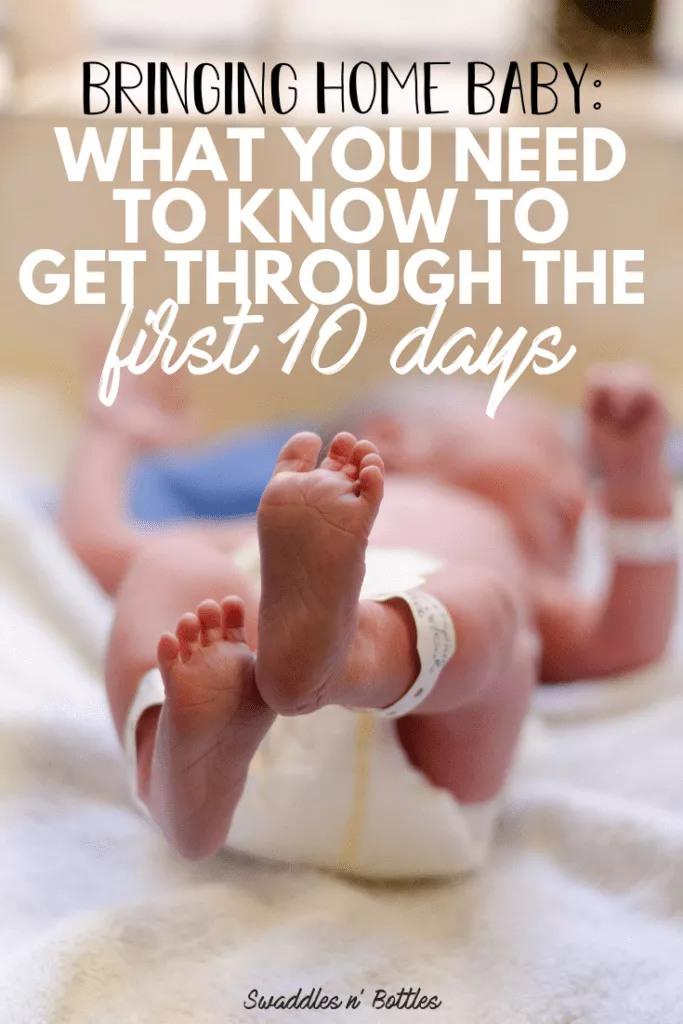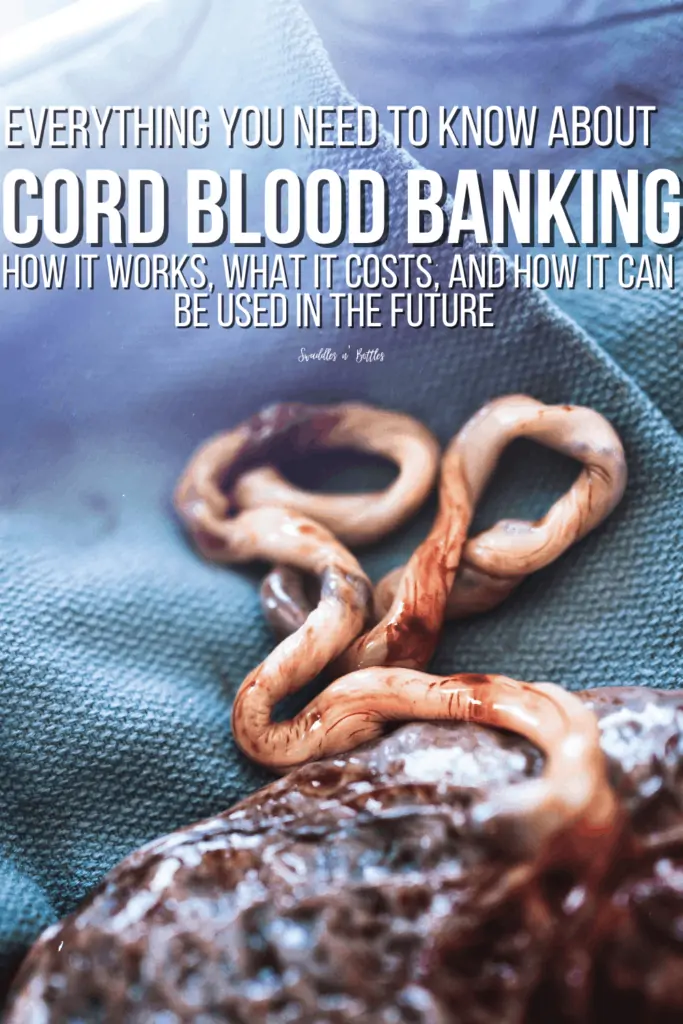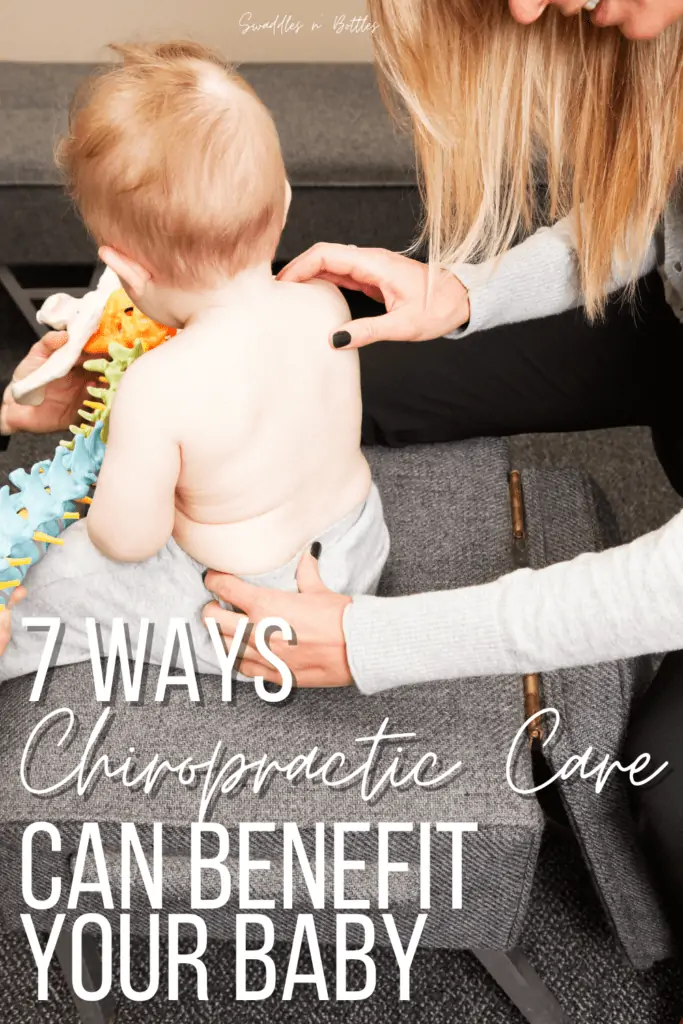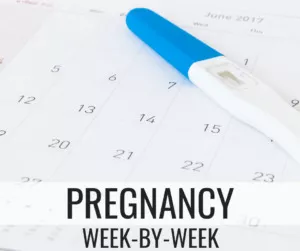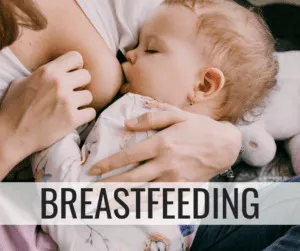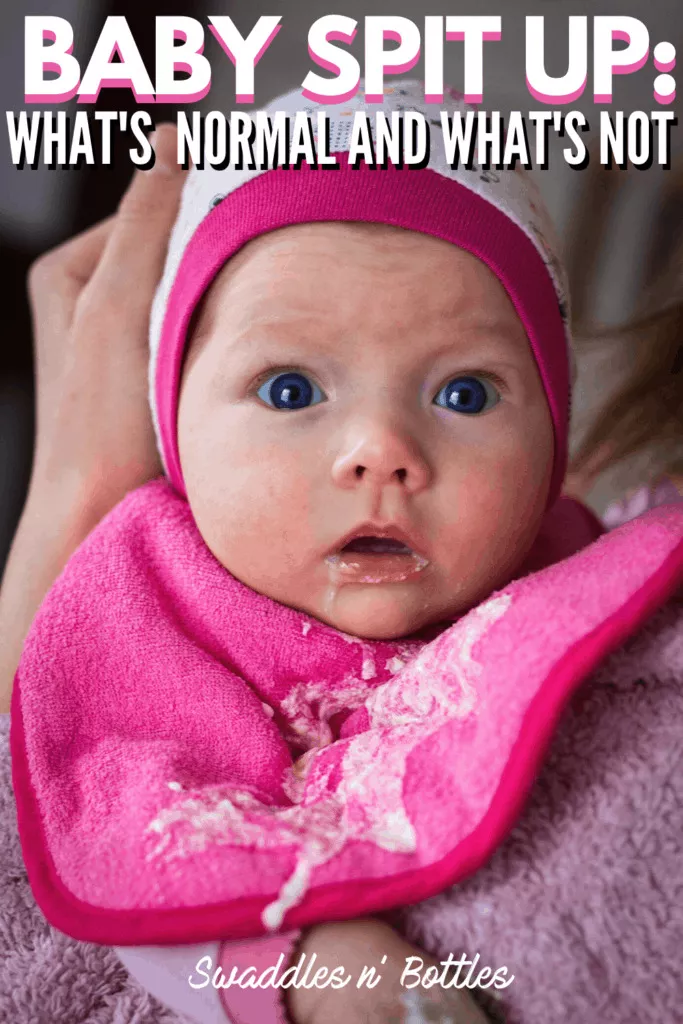
When someone told me as a new mom that having a baby would create mountains of tiny laundry everywhere, I figured she meant from diaper leaks and blow outs, but definitely not spit up! I think that’s something most mama’s can relate too.
When it comes to baby spit up though–the real question is, what is considered normal and when should we worry?
Spit will happen
Baby’s spit up when milk climbs back up the esophagus and out of the mouth. This is also known as reflux, and it’s normal for most infants.
Most babies are what they call “happy spitters,” meaning the spit up amounts to 1 tbsp or less, the baby doesn’t seem too uncomfortable, and the baby is gaining weight and having normal diaper outputs.
If you happen to have a happy spitter on your hands, rest assured it will not last forever. Because spitting up is caused by an immature digestive system, it tends to lessen as babies grow older. Some babies stop spitting up by 6-7 months, but almost all will stop by the time they are one year old.
Newborn Spit Up
During the first few weeks outside the womb, newborns can have some odd looking spit up. If your newborn has spit up breast milk that’s tinged with blood, it may not be internal blood, but from having cracked nipples due to an improper latch.
This is a temporary problem and can be solved by having your baby latch properly to the breast. It’s not recommended that you stop breastfeeding to keep the baby from swallowing blood. You can apply nipple cream to the places where your breasts need healing, and avoid pumping until your breasts are healed.
If your baby is only a few days old, it could also be from the experience of birth (either vaginal or cesarean) where they swallowed small amounts of blood.
When is spitting up not normal?
A few signs that your baby’s spit up is cause for concern are:
- Crying or signs of pain when spitting up
- Refusing multiple feedings or severely fussy while feeding
- Spit up is green, yellow, bloody, or looks like coffee grounds
- Baby is not outputting enough wet or dirty diaper daily
If your child experiences any of these symptoms, you’ll want to call your pediatrician right away.
In such cases, there is a possibility for the baby to have gastro-esophogeal reflux disease, also known as GERD. The solution however can be as simple as putting your little one on anti-reflux medication until their digestive system matures. In some cases, more extensive testing may be required.
GERD is more common in premature babies since their digestive system is all the more immature. Luckily, the condition typically improves by the time a baby has his or her first birthday and can even be completely gone by the time they turn two.
Babies can also be diagnosed with silent reflux, which happens when their stomach contents are still traveling part-way up the esophagus, but are then swallowed back down. This is obviously still distressing to babies and can be painful. As you can image, this type of reflux is harder to diagnose because you don’t actually see them spitting up.

Tips to reduce spit-up
If your little one has been struggling with spitting up–which again, is very normal for babies–there are a few things that you can do to help reduce the problem.
For breastfed babies:
- Make sure your baby isn’t distracted while nursing. Latching and unlatching can cause your little one to get air trapped in their tummies.
- Hand express some milk before your baby latches if you have an oversupply or forceful letdown.
- Consider what you’re eating. Food sensitivities can cause spit up problems, especially cow’s milk as well as some vitamins and herbs.
For formula and/or bottle fed babies:
- Experiment with different bottles and nipple sizes. Some bottles are specifically designed to reduce the air that gets trapped in the baby’s stomach.
- Switch to a specialized formula.
- Feed your baby at least every 3 hours to avoid him or her becoming too hungry. Waiting too long to eat causes them to eat too much too fast, leading to spit up.
For all babies:
- Hold your baby upright after each feeding for at least 15-20 minutes.
- Burp frequently in between feedings to help release gas.
- Avoid rough handling or jostling directly after feeding.
Have any tips that could help out a fellow mama? We want to hear them! Share with us in the comments below!
Sources:

Hi I’m Jolie! I am a wife and stay at home “momprenuer.” I love writing about topics that encourage other women and add value to their lives. You can find me over at TheVirtualMama.com where I teach moms how to work from home, and my Christ-centered blog JolieJHarris.com!

